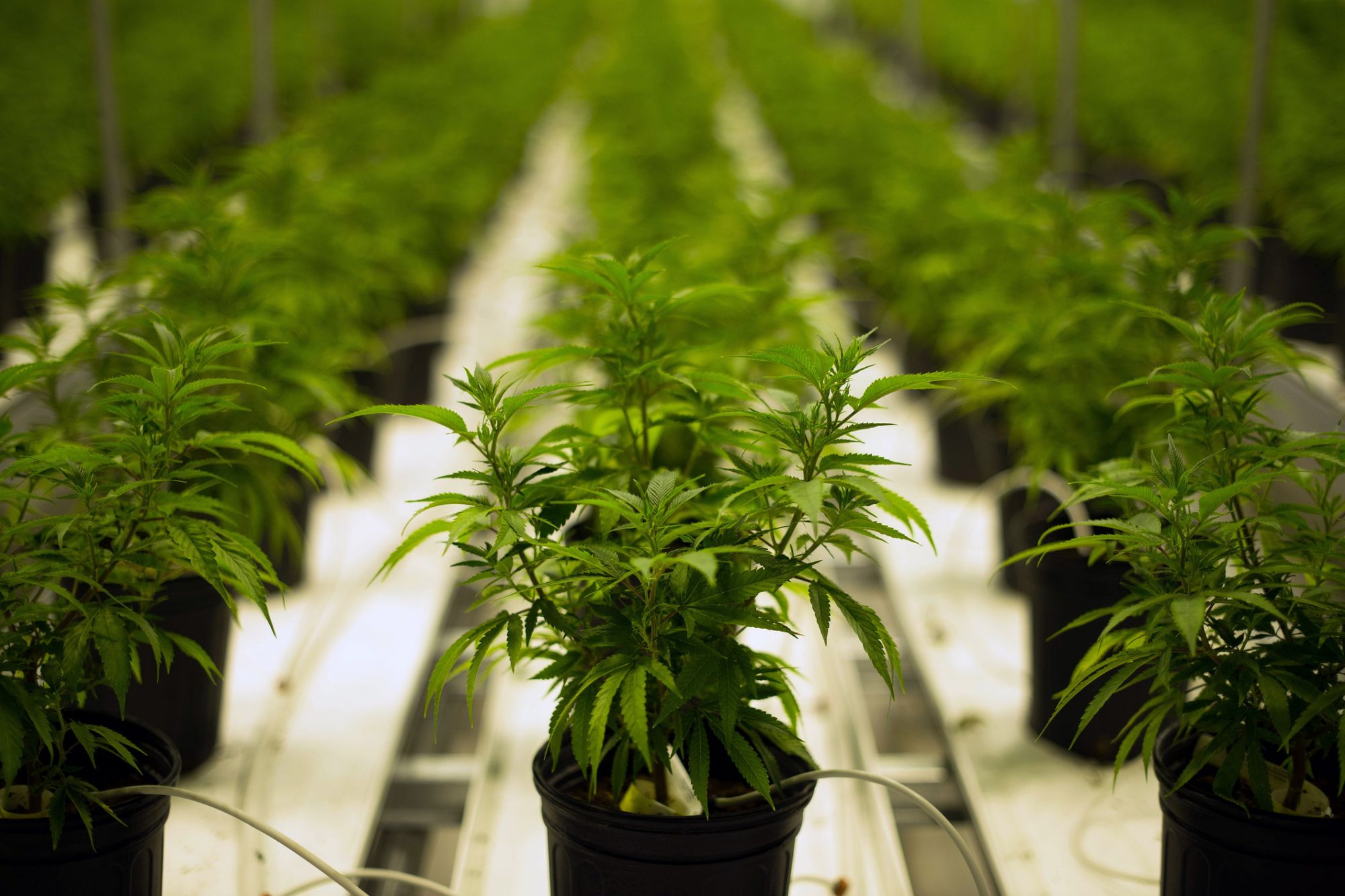3 Long Debunked Arguments Against Legal Weed That Just Won’t Die

America has largely accepted the facts about marijuana but a stubborn opposition refuses to.
January 28, 2019 5 min read
Opinions expressed by Green Entrepreneur contributors are their own.
There has been a huge change in public opinion about legal marijuana over the past 20 years but the tired arguments against it — it’s a gateway drug, legalizing weed leads to more underage use, THC causes mental illness, etc — haven’t changed in decades, despite having been repeatedly disproved.
These claims are scary but a significant body of research from leading academic institutions and states that have already legalized cannabis has largel disproved the arguments against ending cannabis prohibition.
Myth: Weed is a gateway drug.
The age-old argument against cannabis legalization, and cannabis use in general, is that weed is a “gateway” to more dangerous illegal substances. This argument rests a handful of studies. A study from 1999 found that people who use cannabis are more than 100 times more likely to try cocaine, while a 2015 study cited by the National Institute of Drug Abuse discovered that 44.7 percent of people who use cannabis throughout their lives will try another illegal substance within their lifetime.
However, the “gateway” argument has some serious flaws. The 2015 study reads, “Several sociodemographic characteristics, internalizing and externalizing psychiatric disorders and indicators of substance use severity predicted progression from cannabis use to other illicit drugs use.”
In other words, psychiatric conditions and external factors like parenting and socioeconomic status have a more significant impact on drug use than cannabis. The National Institute on Drug Abuse, in a summation fittingly titled “Is marijuana a gateway drug?”, concluded it looks like one but probably isn’t. “An alternative to the gateway-drug hypothesis is that people who are more vulnerable to drug-taking are simply more likely to start with readily available substances such as marijuana, tobacco, or alcohol, and their subsequent social interactions with others who use drugs increases their chances of trying other drugs.”
A study from 2009 published in The American Journal of Drug and Alcohol Abuse correlated drug addiction with poverty, rather than cannabis. Similarly, a national survey on drug use and health found that people with pre-existing mental conditions are more likely to smoke marijuana — 23.2 percent of mentally ill people smoke weed versus 11.5 percent of the general population. In other words, smoking marijuana correlates with having mental illness but not with becoming mentally ill.
Also keep in mind is that weed smoking demographics are changing. The average cannabis consumer is shifting from a millennial “risk taker” — someone more likely to feel less uncomfortable breaking the law and, presumably, doing other drugs — to a middle-aged person more focused on their career and family.
The theory that weed is a gateway drug has made a comeback among opponents of legalization but most experts see a correlation, rather than causation, between cannabis and other drug use. External factors that have nothing to do with the plant powerfully influence decisions about drug use. One of the most important of these factors is mental health.
Related: Yet Another Study Finds Marijuana Reduces Opioid Use
Myth: Cannabis causes mental health problems.
Nonfiction author Malcolm Gladwell recently presented a controversial argument against weed legalization in the New Yorker. In his article, Gladwell drew a connection between cannabis use and mental illness.
Gladwell cites Tell Your Children: The Truth About Marijuana, Mental Illness, and Violence, an upcoming book by Alex Berenson that is receiving significant attention already. Gladwell reiterates Berenson’s argument that THC, the main psychoactive cannabinoid in weed that interacts with the human endocannabinoid system to make you feel “high,” is at least partially responsible for an increase in cases of schizophrenia.
But other leaders in the scientific community take issue with Berenson’s claims. Some argue that ingesting large amounts of numerous substances correlates with increased likelihood of mental illnesses. One study found that high quantities of tobacco put users at a higher risk for developing schizophrenia. A Harvard Medical School study found that family history, rather than cannabis use, is the determining factor in developing mental illness.
While people suffering from mental illness are statistically more likely to smoke weed, the scientific evidence strongly suggests that “reefer madness” is a baseless argument for continued prohibition.
Related: New Study Will Explore Medical Marijuana as a Treatment for Autism
Myth: Legalizing cannabis will lead to more underage use.
The third biggest argument against weed legalization is that it increases underage smoking. The theory is that the more normalized adult use cannabis is, the more adolescents will want to use it.However, the opposite is true in practice. According to federal data, underage smoking in Colorado dropped after legalization to the lowest it has been in two decades. And this isn’t just the case in Colorado: No state that has legal weed has seen an increase in underage smoking.
The concern that cannabis can negatively affect memory and brain development in teenagers is supported by numerous studies but, with enough education and shrinking the black market for weed, underage smoking can decrease.
Related: Darryl Strawberry Sees No Difference Between Medical Cannabis and Opioids.
There are many reasons to legalize cannabis nationwide, not least being it’s what the majority of Americans want. Legalization can help curb the opioid crisis and the injustices perpetrated by the War on Drugs. Cannabis is also good for the economy and creates a large new source of tax revenue. There is always room for more research to address the concerns of skeptics, but the more legalization spreads, the more opportunity we’ll have the to investigate the cannabis plant.
https://www.greenentrepreneur.com/article/326994